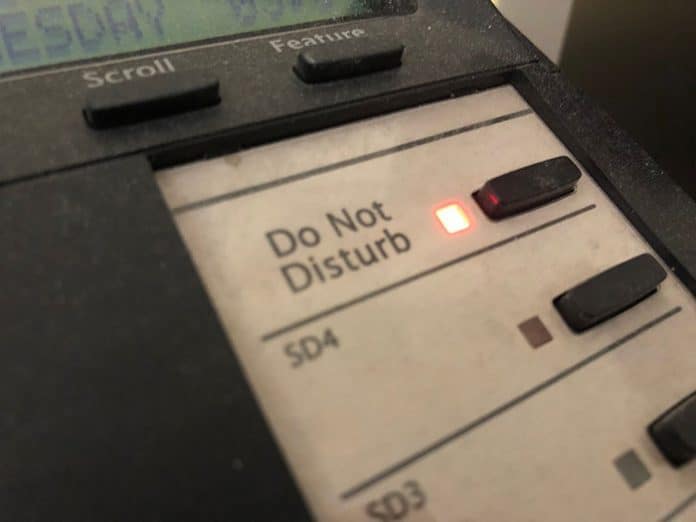
by Mike Deem
The rules on robocalls and robotexts:
- FCC rules limit many types of robocalls, though some calls are permissible if prior consent is given.
- Rules differ between landline and wireless phones; however, calls and text messages have the same protection under FCC rules.
- Wireless and landline home phones are protected against telemarketing robocalls made without prior written consent from the recipient.
- An existing commercial relationship does not constitute permission to be robocalled or texted.
- Consent to be called or texted cannot be a condition of a sale or other commercial transaction.
- Consumers can take back their permission to be called or texted in any reasonable way. A calling company cannot require someone to fill out a form and mail it in as the only way to revoke consent.
- All non-emergency robocalls, both telemarketing and informational, require a consumer’s permission to be made to a wireless phone. These calls can include political, polling, and other non-telemarketing robocalls.
- Telemarketers and robocallers are allowed to call a wrong number only once before updating their lists. This most commonly comes up when someone who consented to be called or texted gave up that number, which was reassigned to someone else. Callers have resources available to them to help them know ahead of time if a number’s “owner” has changed.
- Urgent calls or texts specifically for health or fraud alerts may be allowed without prior consent. They must be free, and consumers can say “stop” at any time.
- Phone companies face no legal barriers to offering consumers the use of technologies that block robocalls to any phone. The FCC encourages companies to offer this resource.
- To block telemarketing calls, register your number on the Do Not Call list – which protects both landline and wireless phone numbers: www.donotcall.gov,
- Ask your phone company to offer robocall-blocking technology.
- If you use robocall-blocking technology already, it often helps to let that company know which numbers are producing unwanted calls so they can help block those calls for you and others.
- Tell unwanted callers that you do not consent to the call, make a record of the caller’s number and when you made your request not to be called, and let the FCC know if the caller does not comply with your request.






